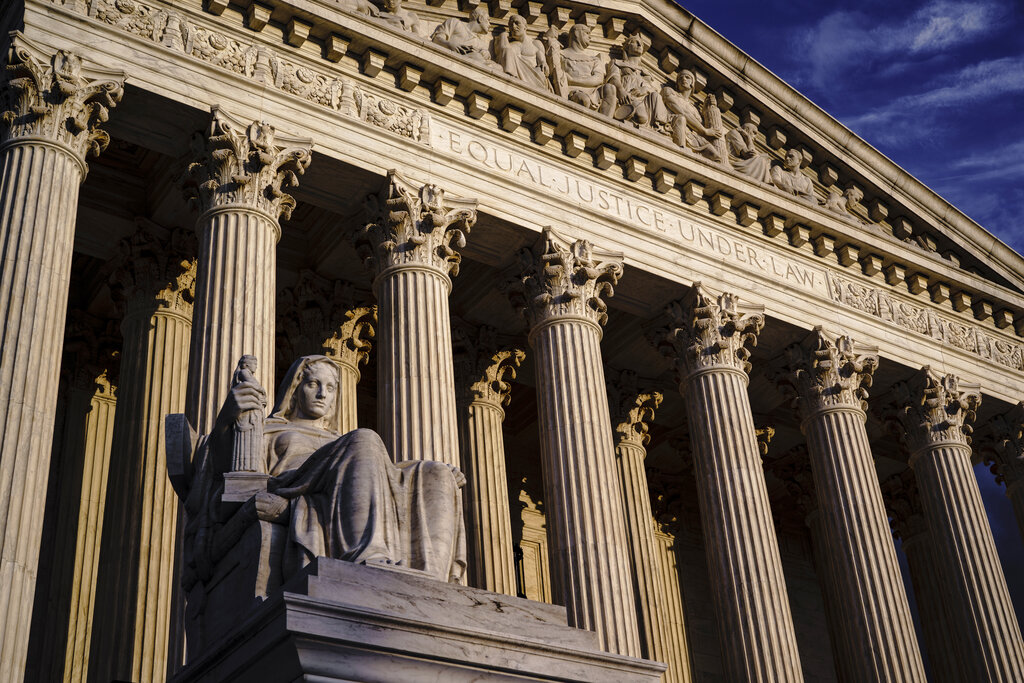Lawsuits have already been filed challenging the president's action to end so-called birthright citizenship and protect the "meaning and value of American citizenship," and the Public Interest Legal Foundation (PILF) has filed amicus briefs on behalf of former Attorney General Edwin Meese, who supports the president's position.
J. Christian Adams, a former Justice Department attorney who now serves as president and chief counsel of PILF, says bureaucrats "cooked up the idea" of birthright citizenship.

"[It] is based on a misinterpretation of an old Supreme Court case (United States v. Wong Kim Ark)," he explains. "The court has never even come close to saying that every single person born on American soil is an American. That whole idea came out of the State Department a couple of decades ago issuing passports to anybody born on American soil. So, it wasn't even a court opinion."
Section one of the 14th Amendment states, "All persons born or naturalized in the United States, and subject to the jurisdiction thereof, are citizens of the United States and of the State wherein they reside."
Adams thinks the intent is very clear.
"Just because you're born in the United States doesn't mean you're an American; you have to owe allegiance to the United States to be an American," he contends. "If you owe allegiance to the king of England or the government of El Salvador, you do not owe allegiance to the United States."
The 14th Amendment requires that a person be subject to the political jurisdiction of the United States. "Foreign ambassadors are not, and foreign citizens who are here illegally are not," says Adams.
Two federal judges have already issued orders blocking the implementation of Trump's executive order, with the most recent one saying no court in the United States has ever endorsed that interpretation of the Constitution.
Adams, however, is confident that President Trump will prevail when the case ends up at the Supreme Court.







